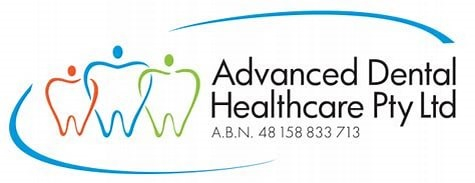What is Bruxism?
Bruxism is a common condition characterized by the involuntary clenching and grinding of teeth. It often occurs during sleep but can also happen during waking hours. This repetitive motion can lead to various dental problems including damage to the teeth and the jaw joints.
What Causes Clenching and Grinding of the Teeth?
The exact cause of bruxism is not fully understood, but it is believed to be a combination of factors. Stress and anxiety are often contributing factors, as well as an abnormal bite or crooked teeth. Certain lifestyle habits like excessive caffeine or alcohol consumption, smoking, and drug use can also increase the risk of bruxism. In children, physical stress such as illness, nutritional deficiencies or dehydration contribute to bruxism. Studies have shown that night bruxism is a sleep disorder.
Is Clenching My Teeth Unusual?
No, clenching and grinding of teeth are more common than you might think. It is estimated that up to 31% of the population experiences bruxism at some point in their lives. While it can affect people of all ages, it is most prevalent in children and young adults.
How Do I Know If I Clench My Teeth?
It can be challenging to identify bruxism on your own, especially if it occurs during sleep. However, there are some signs that may indicate you are clenching or grinding your teeth. These include waking up with a headache, sore jaw muscles, damage to dental restorations without any apparent reason and tooth pain. Your dentist may also notice signs of wear and tear on your teeth during a routine examination.
What Problems Can Grinding and Clenching of Teeth Cause?
Bruxism can lead to a range of dental problems and discomfort. The constant pressure and grinding motion can wear down tooth enamel, damage to veneers and crowns, leading to tooth sensitivity and an increased risk of dental decay. It can also cause jaw pain, headaches, and earaches. In severe cases, bruxism can result in temporomandibular joint disorder (TMJ), which affects the jaw joint and surrounding muscles.
What Can I Do?
There are several self-care measures you can take to manage bruxism and alleviate its symptoms. Stress management techniques such as exercise, meditation, and relaxation exercises can help reduce the frequency and intensity of teeth clenching. Avoiding stimulating substances like caffeine and alcohol, especially before bedtime, can also be beneficial. Additionally, practicing good sleep hygiene, such as maintaining a regular sleep schedule and creating a relaxing bedtime routine, can help reduce bruxism episodes.
How Do I Get Treated?
If self-care measures are not effective, it is essential to consult with a dental professional. They can evaluate the severity of your bruxism and recommend appropriate treatment options. These may include the use of a custom-fitted mouthguard or splint to protect your teeth from further damage. In some cases, orthodontic treatment or dental correction may be necessary to address any underlying bite issues contributing to bruxism. Your dentist may also suggest stress management techniques or refer you to a specialist if needed. The treatment aims to remove the causes of bruxism, change the behaviour that causes bruxism and repair the damage that bruxism causes.
Remember, early detection and intervention are key to preventing further damage and managing the symptoms of bruxism. If you suspect you may be clenching or grinding your teeth, don’t hesitate to reach out to your dentist for guidance and support.
